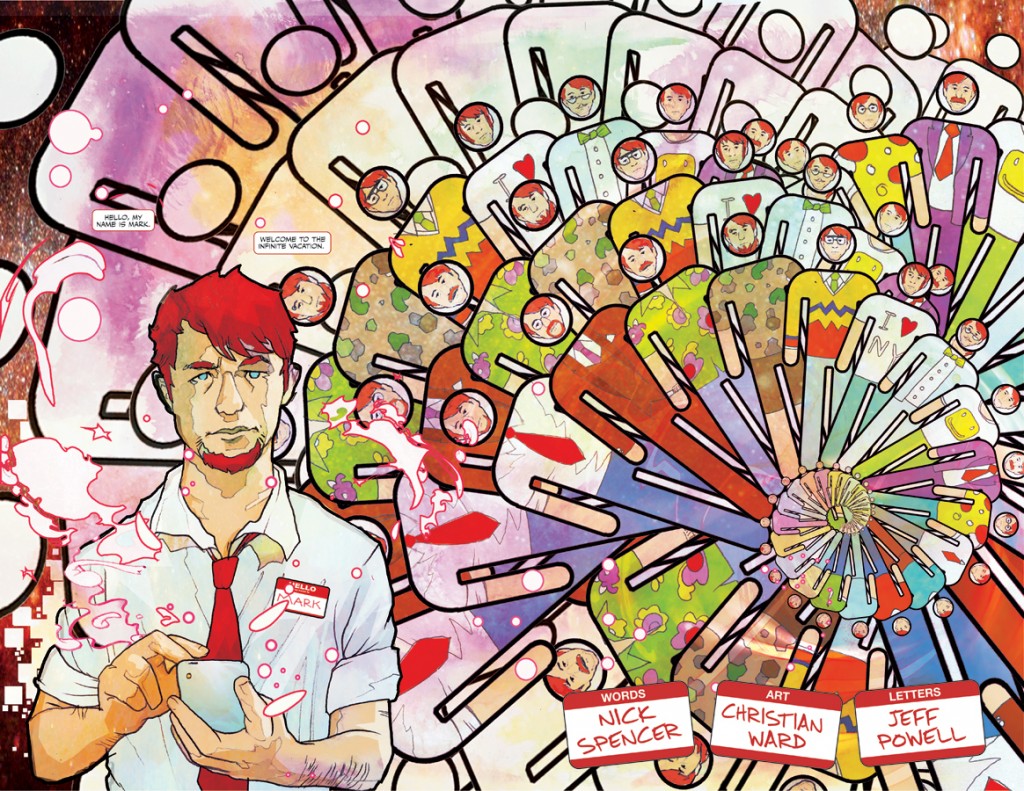Here, Amber Case states something commonly repeated on this blog: we are all cyborgs. As such, she calls herself a cyborg anthropologist, similar to how we conceive of the study of technology and society as Cyborgology (perhaps without such strict disciplinary terms – but that is another discussion).
However, there is much disagreement between Case’s usage of the term and how I (and others) on this blog define a cyborg.
First, Case argues in the video above that the human cyborg is a recent invention. A product of new technologies that compress our mental capacities over time and space. On this blog, however, we tend to use the term much more broadly. For instance, one fundamental technology that structures other technologies built upon it is language. Post-structuralist thinking has long taught us about the power of language to drive what and how people think, how selves are formed, how power is enacted, and so on. Other technologies, such as spatial organization (think the architectural technologies of the amphitheater or panoptic prison) have profound impact on the mental processes of humans. The human mind has never been independent of technology, and, as such, we have always been cyborgs.
My second disagreement surrounds Case’s argument that more...




